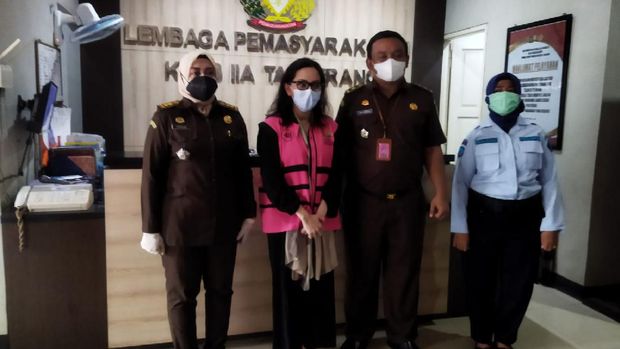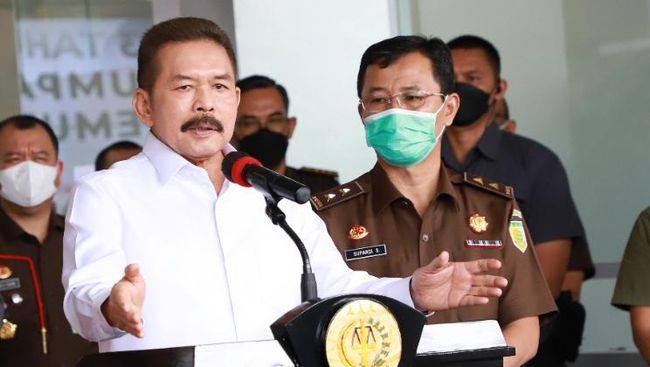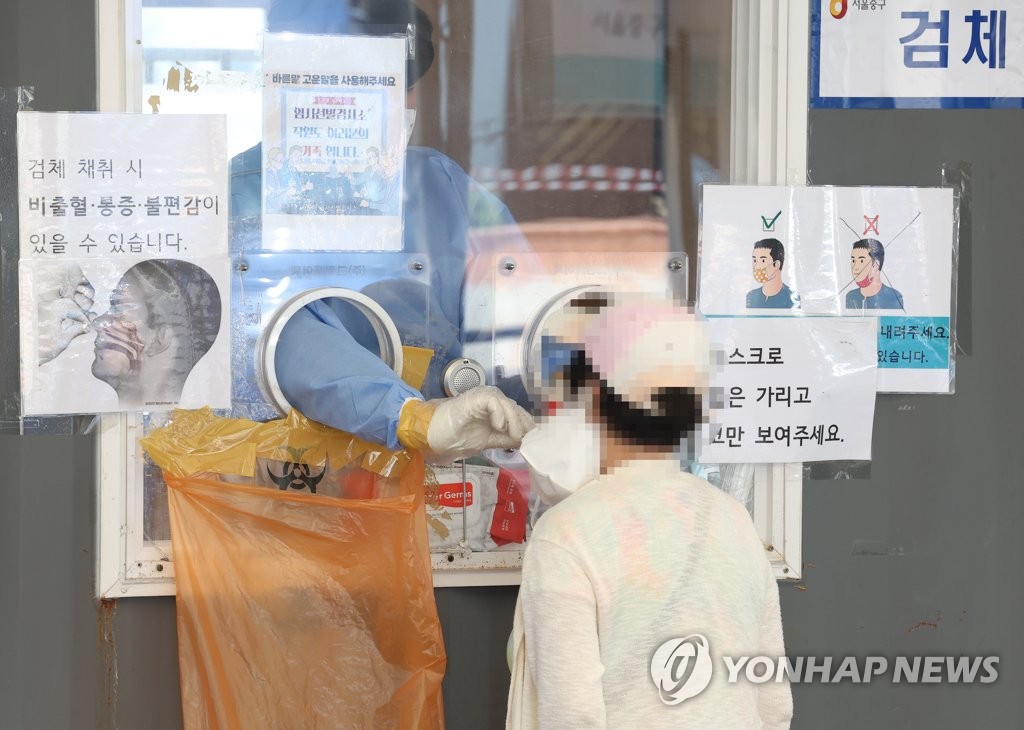Attorney General ST Burhanuddin prohibits the defendant from wearing religious attributes that have never been used before in court. He also asked his men not to bring them to court.
This is done so that there is no thought in the community that religious attributes are used by criminals only at certain times.
“The appeal was also conveyed at the halal bihalal event yesterday, Monday last week. To confirm this, a circular letter will be issued to prosecutors throughout Indonesia,” said the Head of the Attorney General’s Office for Legal Information Center Ketut Sumedana when confirmed, Monday (16/5) night.
This policy was taken after Burhanuddin saw the actions of a number of defendants who were seen wearing religious attributes such as caps or hijabs when attending the trial.
This practice seems to be facilitated by the public prosecutor (JPU) at trial. However, Burhanuddin did not elaborate further on the examples of cases he saw.
Ketut said that the actions of the defendants using religious attributes when participating in the legal process could not be justified. He admitted that he would determine the dress code of the defendants.
“As if they were pious when they were on trial, we would all equate them. The important thing is to dress modestly in front of the court,” he said.
|
Photo: ANTARA FOTO/SIGID KURNIAWAN Pinangki Prosecutor Sirna Malasari while testifying in the follow-up trial of the alleged bribery case to prosecutors and high-ranking police officers and malicious conspiracy with the defendant Djoko Tjandra at the Tipikor Court, Jakarta, Tuesday (12/29/2020).- – |
One example of the use of religious attributes in the trial was carried out by former Pinangki prosecutor Sirna Malasari who was involved in a bribery case.
Previously, during the investigation and examination process at the Office of the Deputy Attorney General for Special Crimes, Pinangki always appeared without a hijab.
When the case went to trial, Pinangki was seen wearing a hijab. From the beginning of the trial until the verdict, the hijab and robe were attached to the woman’s body.
It was also proven that Pinangki received a sum of money from a convict of Bank Bali claim rights corruption (cessie) Djoko Tjandra to help him while he was a fugitive. He was sentenced to 10 years in prison.
 Photo: Special Archives Photo: Special ArchivesProsecutor Pinangki Sirna Malasari was executed at the Tangerang Women’s Prison on Monday (2/8).- – |
However, Pinangki’s sentence was reduced to four years. Pinangki was then executed at the Women’s Correctional Institution, Tangerang. When executed, Pinangki did not appear to be wearing a hijab.
(mjo / fra)
–


